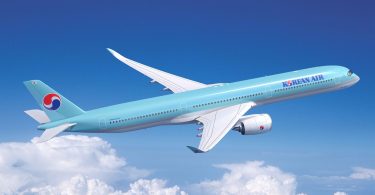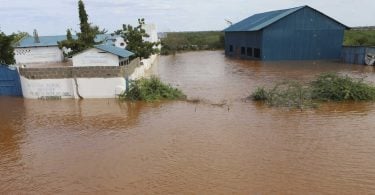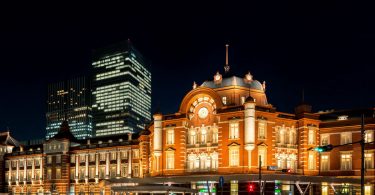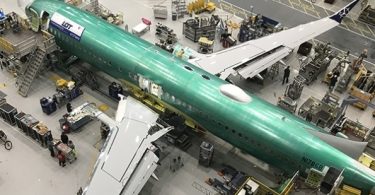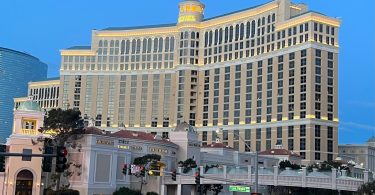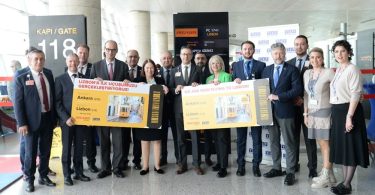As it turns outs, the Conservative Party in the U.K. was the big winner in yesterday’s election. It means Brexit should be concluded by the end of January, and it may mean tremendous changes in European tourism and in tourism to and from Europe.
Any reference to Heathrow runway expansion is for Heathrow to demonstrate that it can meet its air quality and noise obligations, that the project can be financed and built and that the business case is realistic. The scheme will receive no new public money.
There is no mentioning of taxation on aviation what had been a concern among tourism leaders.
On the domestic rail, the party has plans to invest £100bn in additional infrastructure spending on roads, rail, and other responsible, productive investment.
British Rail would receive many tens of billions of pounds in investments. There is a commitment to build Northern Powerhouse Rail between Leeds and Manchester and focus on Liverpool, Tees Valley, Hull, Sheffield, and Newcastle.
The “Midlands Rail Hub” would see links “strengthened” between Birmingham, Coventry, Derby, Hereford, Leicester, Nottingham, and Worcester. The commitment to “improving train lines to the southwest and East Anglia” looks vague and therefore easy to accomplish.
More solid is the vow to “restore many of the Beeching lines” – the 3,000 miles of railway closed after a review of the network begun by the Conservatives in the early 1960s and continued for the rest of the decade by the Labour Party.
Another eye-catching policy is to give city regions outside the capital the funding to upgrade their bus, tram and train services to make them “as good as London’s, with more frequent, better-integrated services, more electrification, modern buses and trains, and smart ticketing”.
Strategic and local roads would benefit from a very precise £28.8bn investment.
No price tag is attached to the promise to invest in “super-bus networks with lower fares”, nor bringing back rural routes that have been closed during the past nine years of Conservative-led governments.
In the skies, “we will use new air traffic control technology to cut the time aircraft spend waiting to land, reducing delays, noise nuisance and pollution”.






